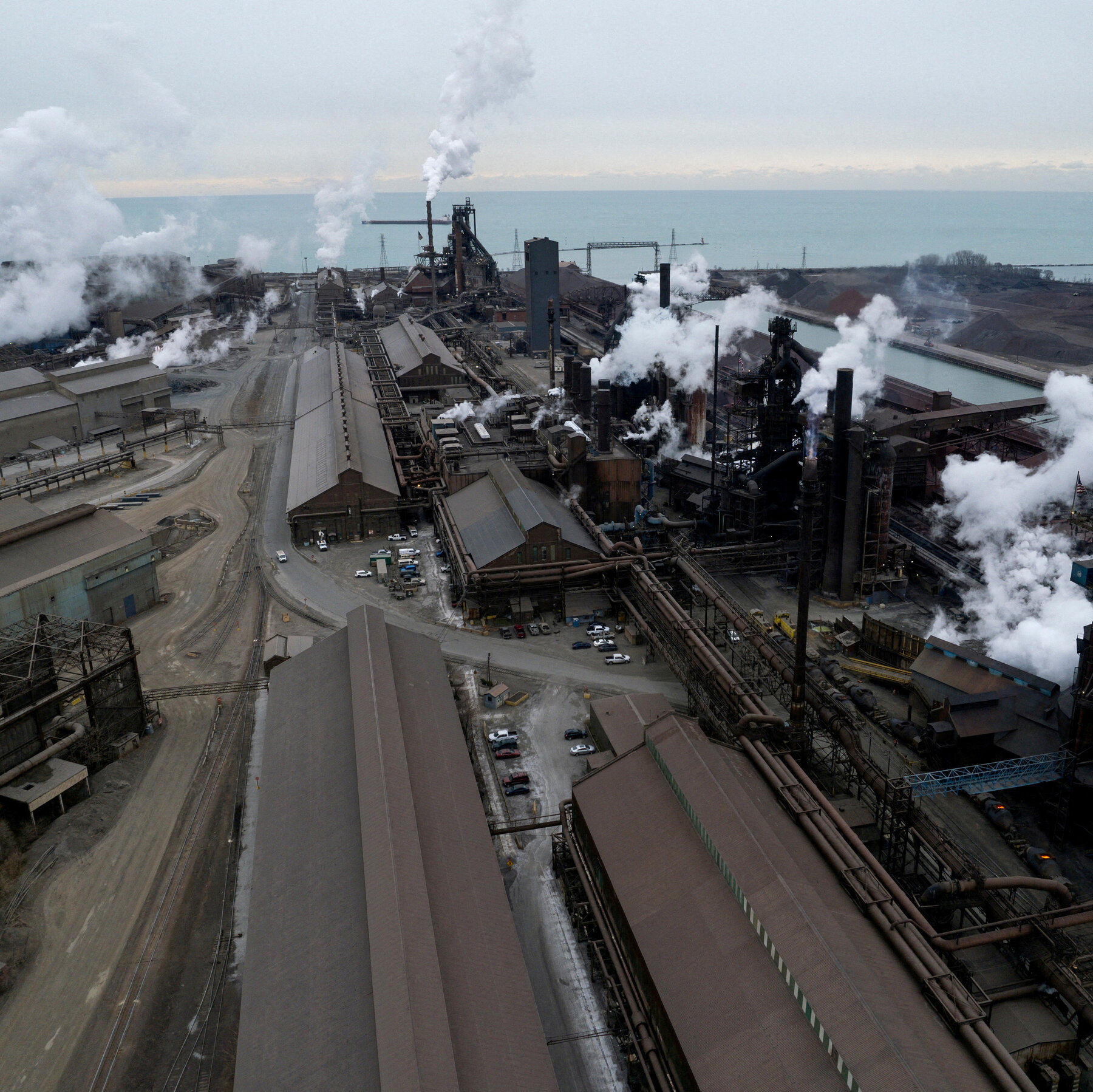Australia’s technology sector is on the cusp of a major breakthrough, with AI-powered applications poised to generate a staggering A$10.6 billion in annual revenue by 2035.
This significant growth projection highlights the increasing importance of artificial intelligence in driving economic growth and innovation within the country. Australia’s thriving startup ecosystem, supported by a strong venture capital industry, has cultivated numerous tech unicorns that have become global leaders and could do the same in new AI applications. The report also recommends capitalising on Australia’s strengths in specific industries and emphasises the importance of developing a skilled AI workforce.
“This report reaffirms that Australia has a real opportunity to drive growth and build globally relevant AI businesses – particularly through applications, data and infrastructure”, said Wendell Keuneman, General Partner at Tidal Ventures. “At Tidal, we’re already backing the next generation of local founders building AI-first applications. These businesses present a significant economic opportunity and reflect the billions of dollars pouring into skilled technology and knowledge-based jobs that are essential for advancing Australia on its exciting journey toward becoming a premier technology hub on a global scale.”
The report, Australia’s opportunity in the new AI economy, is a collaboration between Microsoft and economics, policy and strategy consultancy Mandala Partners. It identifies applications, AI datacentres and data as the nation’s most promising opportunities for impact in the rapidly growing global AI economy, based on the tech layers that underpin generative AI.
Together, these areas represent 90 per cent of the projected A$18.8 billion in annual revenue that Australia could generate across the entire generative AI tech ‘stack’ by 2035.
The report recommends targeted actions industry and government can take to capitalise on these opportunities and unlock AI’s full benefits. These actions include providing targeted support for local startups and new technologies, securing renewable energy and developing Australia’s AI workforce.
In addition, the report highlights the role that industry and government can play in mitigating the risks and challenges associated with AI. These include bias, unpredictability, misuse, digital exclusion and security.
“Australia has a solid foundation for AI, with its favourable business environment, strong sustainability credentials and high level of AI readiness all being among the country’s key strengths,” said Steven Worrall, Managing Director at Microsoft Australia and New Zealand.
“We’re excited to be partnering with startups, datacentre companies and other business and government organisations to unlock the significant opportunities outlined in this report.
“Microsoft is also supporting government efforts to develop regulations that balance Australia’s AI opportunities with essential risk management. Together, I’m confident we can build a strong and safe AI economy to drive economic growth that benefits everyone.”
Securing Australia’s place in the global AI economy
Australia’s success in the global AI economy will hinge on strategic investments in areas where the nation has a comparative economic advantage. Getting this right will see Australia meet four key national priorities: improving digital resilience, strengthening strategic partnerships, creating new export markets and improving global interoperability.
Furthermore, the report notes that a strong AI economy in Australia would help the nation achieve widespread and fast-paced adoption of generative AI. This is expected to increase productivity and innovation across various sectors, from healthcare to financial services, to unlock an estimated A$115 billion in economic value annually by 2030.
“The insights from this report reveal the critical role AI can play in enhancing Australia’s economic and digital landscape,” said Damian Kassabgi, Chief Executive Officer at the Tech Council of Australia. “We are poised to lead, provided we continue to innovate and scale up our AI capabilities strategically.”
Supporting applications and end users
According to the report, Australia-based applications companies and global companies with Australian operations are projected to generate A$10.6 billion in annual revenue by 2035 in Australia.
Laying the foundations for AI datacentres
Australia’s unique strengths – including renewable energy, strategic land use and proximity to Asia – will underpin growth in datacentres. This component of the generative AI tech stack could generate A$4.7 billion in annual revenue in Australia by 2035, according to the report.
AI datacentres are the foundational infrastructure for the new AI economy and are pivotal to unlocking AI’s benefits across the entire tech stack. Having this infrastructure in Australia, built by both local and global companies, is also an important competitive advantage.
Building more AI datacentres will require more land, so Australia must ensure planning and zoning are fit for purpose. Secure renewable energy, as well as firming technologies such as batteries and pumped hydro, are also needed to support sustainability initiatives. Furthermore, the development of new AI datacentres will require a supporting workforce to construct, maintain and operate infrastructure.
“The opportunities and actions outlined in this report give Australia a clear roadmap to follow,” said Amit Singh, Managing Partner at Mandala. “From supporting the sustainable development of AI datacentres to growing AI talent locally, the right steps today can ensure that this new technology develops in a way that fosters a strong, new local sector that in turn supports all other organisations and millions of individuals across our diverse economy.”
Growing Australia’s data capability
The data component of the AI tech stack includes providers of datasets used in training AI models and data advisory firms that help other businesses adopt AI. This component is set to generate A$1.7 billion in annual revenue in Australia by 2035 and the report notes that this opportunity is underpinned by AI systems’ need for streamlined access to secure data.
For instance, Australia’s healthcare system is experiencing a surge in AI innovation, fuelled by advancements in data analytics and the interoperability of data systems. The nation’s diverse population and strong capabilities in medical research also present a valuable opportunity for both local and global companies to innovate using cloud, AI and machine learning technologies to create new health solutions and businesses for Australia and the world..
The report also notes that regulations to balance risks and opportunities, support for research and development, and the ability to attract highly skilled workers and investment are all required to grow Australian data companies and foster generative AI adoption.
Keep up to date with our stories on LinkedIn, Twitter, Facebook and Instagram.
Australia’s tech sector is set for transformation, with AI projected to add A$10.6 billion to the economy annually by 2035. News, Tech, AI, annual revenue Dynamic Business










